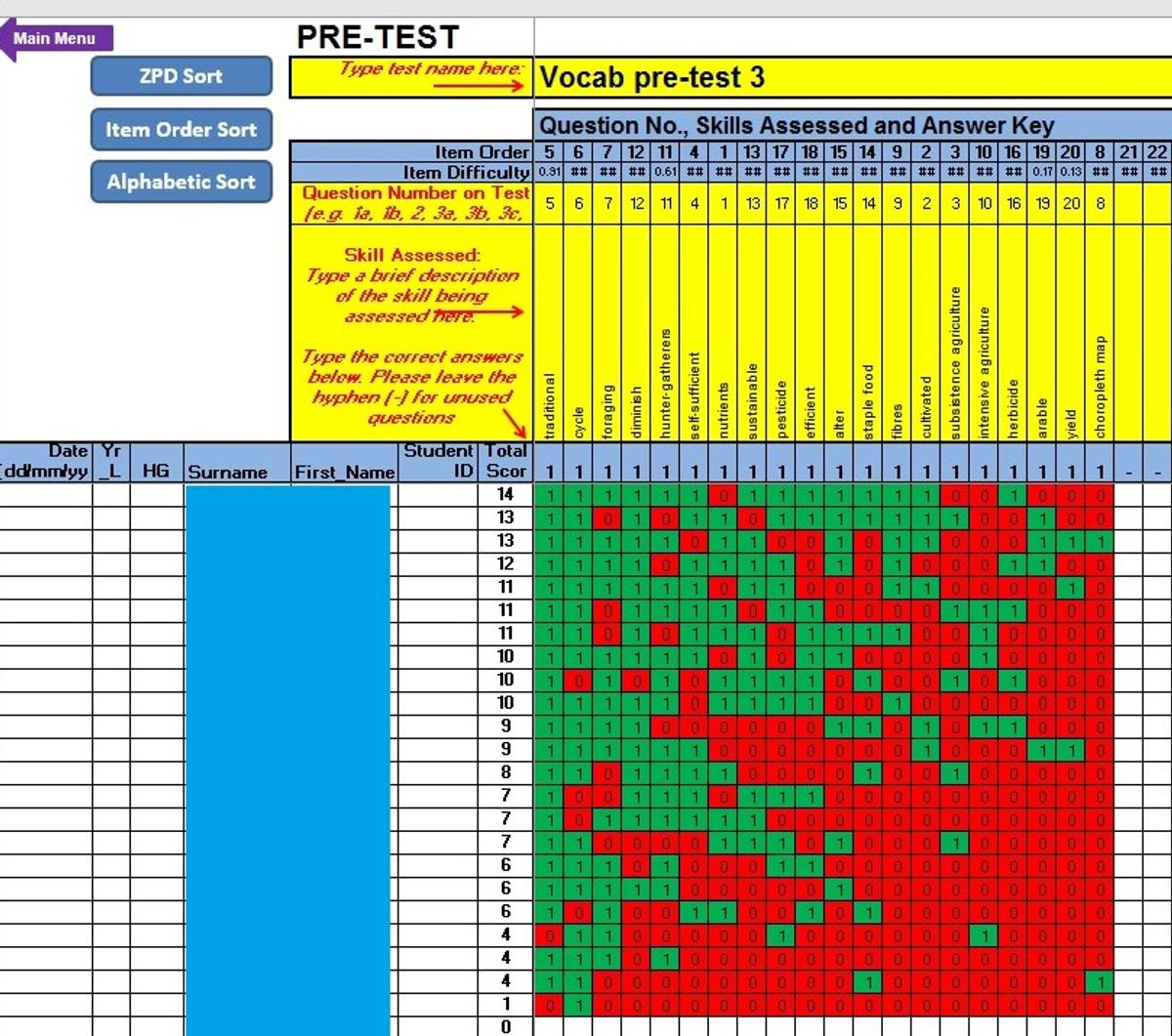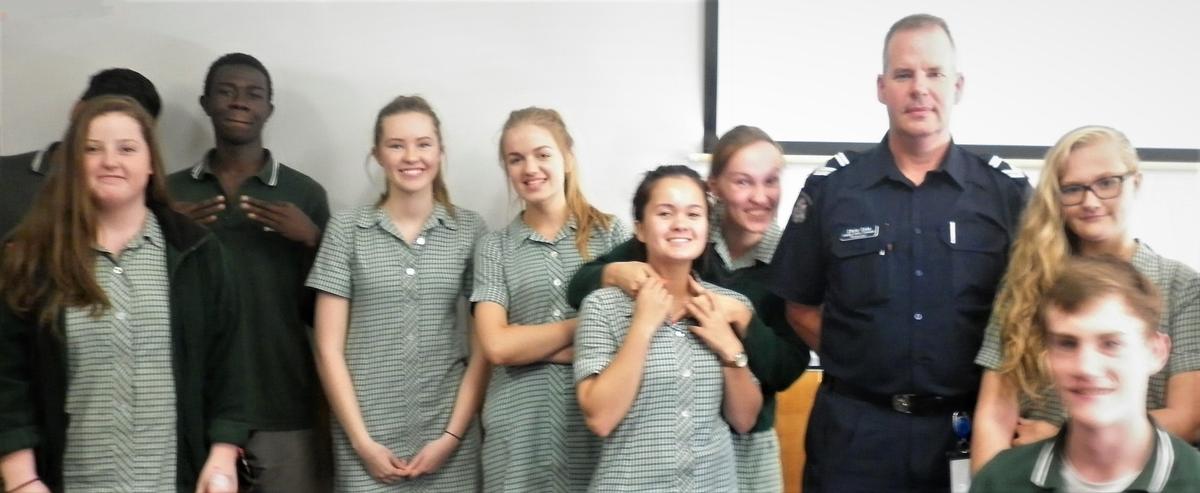Humanities

Building vocabulary (continued)
In previous Newslinks, we’ve reported on why and how we’re teaching students complex vocabulary like “prosperous” (History), “converge” (Geography), “incentive” (Economics) and “remedy” (Civics). In this final instalment, we describe how we’re revisiting words and testing word knowledge.
Word games
After students have learnt a new word, it’s really important that they revisit it (usually at least 12 times). They also need to see how it is used in different situations. To help with this, we’ve been using revision games like:
- Pictionary and Taboo (where one student either draws or describes a word and the other student must say it);
- traffic light cups (where students sort words into words they know, sort of know and don’t yet know);
- crosswords; and
- vocab log quizzes.
You can help your child revisit words at home by asking them about the words in their vocabulary logs.
Vocabulary testing
This semester, Humanities students have been completing multiple choice vocabulary tests before and after each unit. Results are entered into ‘Guttmann charts’ and then sorted to show which words nearly everyone already knows, and which words no one yet knows. This allows teachers to see which words the class needs to focus on.
Some weeks later, students complete a post-test. These results are also entered in the charts, allowing teachers to track the growth of each student. This process also allows teachers to identify the most effective methods for teaching vocabulary to the class.
Although these tests currently focus on whether students can recognise a word and its meaning, our ultimate aim is to see students using more target words in their own writing. This will allow them to write more convincingly and demonstrate greater content knowledge.
Photo 1: Charts like these allow us to see which vocabulary needs more work.
Police powers and prison life
In March, Leading Senior Constable Chris Cole visited the Unit 1 Legal Studies class to explain police powers to arrest, search, detain and question suspects, and carry out forensic procedures. We thank Sen. Const. Cole for the time he spent both preparing for and presenting to the class!
Last week, Legal Studies students also visited Dhurringile Prison, where they spoke with three offenders about prison life and their experiences of the criminal justice system. Students have recently been investigating imprisonment as a criminal sanction.
Photo 2: Leading Senior Constable Cole with some of the Unit 1 Legal Studies students.


